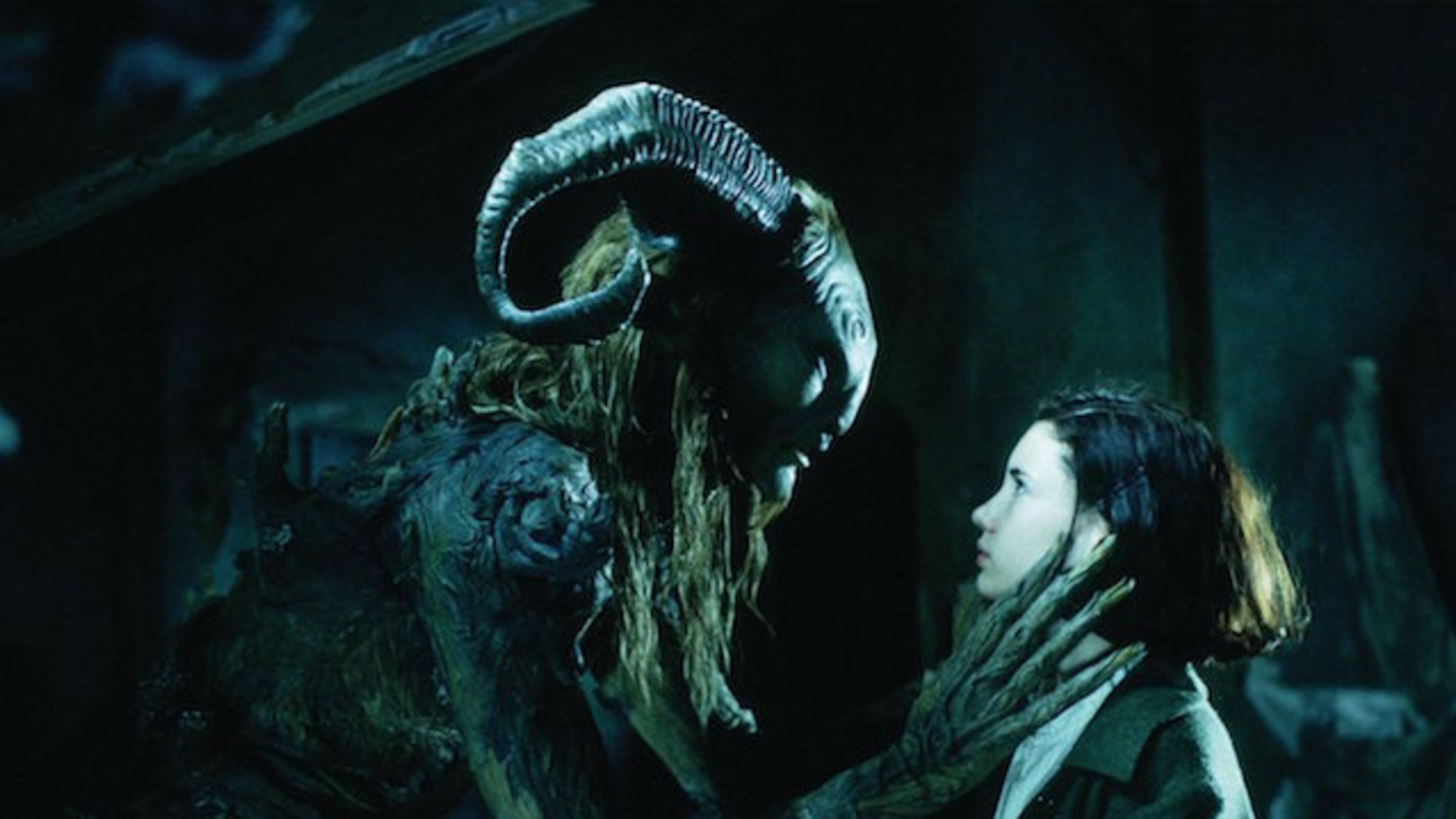 |
| Titanic (1997) |
Maybe your mental image of "film criticism" mostly consists of some obnoxious internet character and his or her hoard of YouTube videos like "87 Reasons Why the Harry Potter Movies Failed Us" or "The Lion King Makes No Sense!" That was my perception of the film critic world for a long time. Imagine my relief when I learned that the real film critics of the world, those who actually know film, aren't content to just give something a "thumbs up" or "thumbs down."
In this age of the internet, we tend to view "smartness" as being able to point out what's wrong with something, and I want to provide an alternative. That doesn't mean everything gets a pass, but informed film discussion, the kind of film discussion that matters, doesn't seek to tear down. Informed film discussion uplifts and edifies. It's more interested in understanding something than just deciding how many stars a thing deserves. It knows that there can be a lot of right ways to do approach a subject. Indeed, if more people understood just how little "hating" there actually is in proper film criticism, we'd see far fewer imitators.
 |
| Pan's Labyrinth (2006) |
I'm not trying to convert the entire internet to any specific schools of thought or Top 10 Movies lists. But I hope that through these writings my readers will acquire the tools to expand the range of films they view, learn to detect and interrogate the implicit ideologies that films communicate, and add texture to their feelings for the films they already enjoy. You don't have to agree with all my conclusions, but I hope you'll at least consider them.
 |
| It's a Wonderful Life (1946) |
Let it be known that these essays are not meant to be hard-to-read, and you need not be academically versed in film studies to join here at Films and Feelings. Any theories or historical perspectives used will be thoroughly and easily explained. Dare I say, I hope that our friends from other fields and careers who still have an interest in film will find this site enjoyable. Consider this blog to be your Film Studies 101 class, and me your Professor.
If this sort of thing interests you, come back and check in on this site every so often and give some of these pieces a glance. Feel free also to subscribe to this blog and "follow" under the drop down menu. You can also follow this site through its Facebook page for updates including interesting articles from around the web as well as teases for future posts.
 |
| Stand By Me (1986) |
So everyone, bring your hearts, bring your heads, and let's talk about some movies.
--The Professor
To contact The Professor, shoot an email at filmsandfeelings19@gmail.com

Comments
Post a Comment